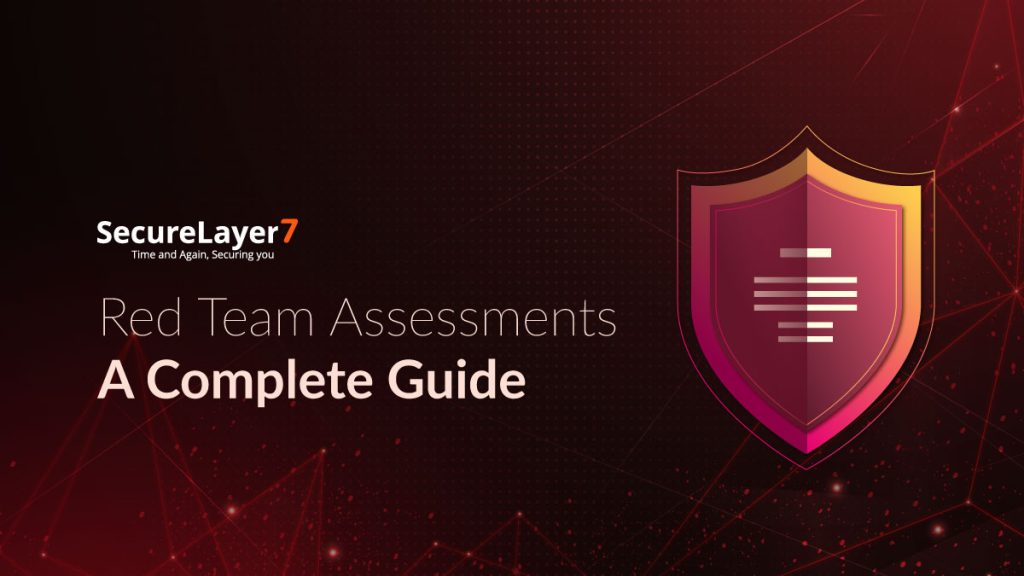
SecureLayer7 Launches Information Security Testing Services
January 31, 2015CVE-2015-0235 Ghost (glibc gethostbyname buffer overflow) Vulnerability is serious cause for all Linux servers. In effect, this vulnerability is leveraged to execute remote end code execution on the victim Linux server. The vulnerability was found By Qualys Researcher and patched in GNU.
What is the cause ?
The bug is in __nss_hostname_digits_dots() function of the GNU C Library (glibc). Correspondingly, the location of the path file for non-reentrant version is nss/getXXbyYY.c. The gethostbyname() function uses this. The vulnerability can be exploited both via locally and remotely. In order to trigger this vulnerability attacker needs to be able to feed specially crafted ‘host name’ to the service. Also, the service needs to process it without validating it first.
Following are the potentially exploitable services
- procmail
- Exim
- pppd
- clockdiff
You can find the list of services which are rely on the GNU C libraries by executing following command
lsof | grep libc | awk '{print $1}' | sort | uni
Fix for Centos/RHEL/Fedora 5,6,7
yum update glibc sudo restart
Fix for Ubuntu
sudo apt-get update
sudo apt-get dist-upgrade sudo restart
Finally, for a Quick test , you can run this code


